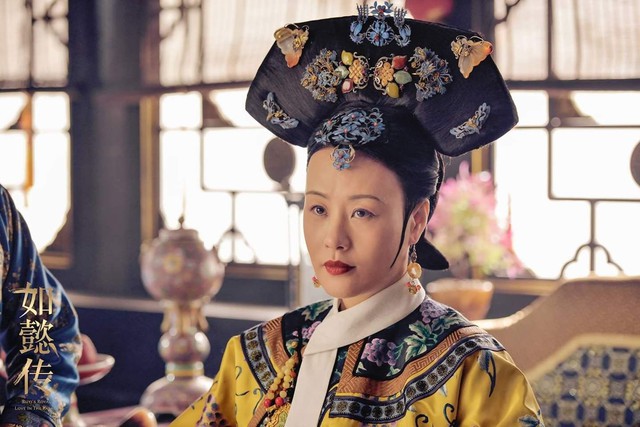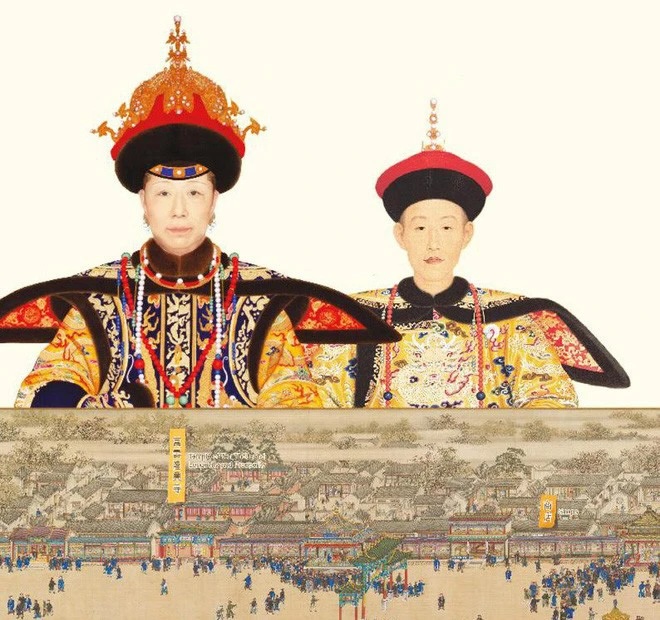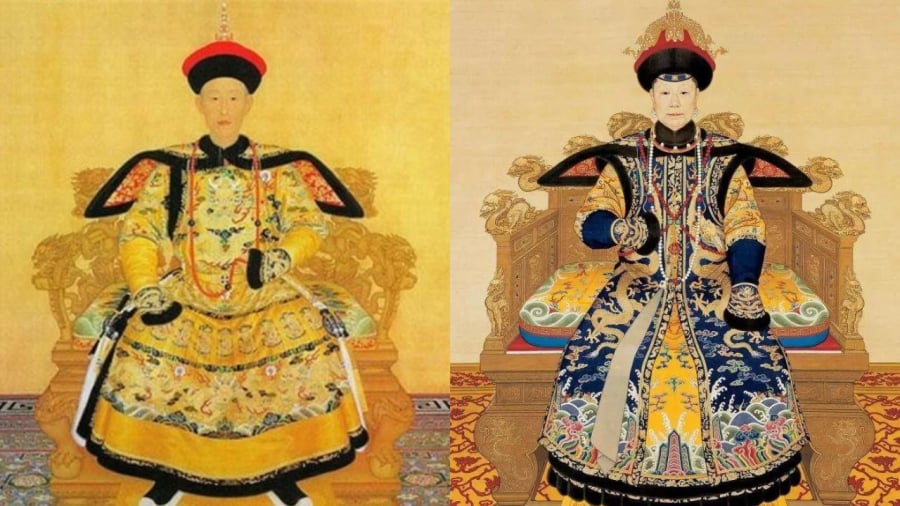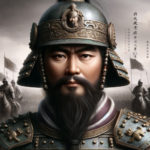Queen Sùng Khánh Hoàng was a concubine of Emperor Ung Chính, the Thanh Thế Tông. She was also the mother of Emperor Cao Tông, Càn Long. She had a long reign and was the longest-living Empress among the Thanh dynasty’s Empresses. If compared to the Western Han dynasties’ Empress Hiếu Nguyên Vương Chính Quân, she was superior.
She held a high position, had many children and grandchildren. Emperor Càn Long spared no effort to serve Empress Sùng Khánh. Throughout her 86-year life, she enjoyed all the wealth and glory, truly rare.
Historical records show that Emperor Càn Long valued his mother’s words. In the early years of his reign, when the court was unstable and the treasury was insufficient, Emperor Càn Long lived frugally every day. However, he still organized extravagant birthday parties for his mother.

One time, to please his mother, Emperor Càn Long sent people to find many elderly people and asked them to kneel before his mother on her way back to the palace, wishing her a long life. This act seemed cruel to many, but in reality, Emperor Càn Long generously rewarded these elderly people with silver. This made everyone excited to participate.
Not only that, Emperor Càn Long also prepared a luxurious birthday feast to invite officials to attend. The dishes prepared for the feast were rare delicacies from all over the country. Along with that were lively cultural performances. Through these actions, we can see how filial Emperor Càn Long was to his mother.
Because he loved the landscapes of the southern part of the country, Emperor Càn Long embarked on 6 major Southern tours with a huge budget. But no matter where he went, he always worried about his mother in the palace. To avoid making her feel lonely, he always tried to persuade her to accompany him, until her old age no longer allowed long journeys. In feudal times, the emperor was the most powerful person. Emperor Càn Long did not make his mother bow down before him just because he was the emperor. Instead, he always fulfilled his mother’s requests and handed over everything with both hands.

However, there was one thing that Emperor Càn Long never yielded to his mother, which was power.
In Chinese feudal history, there were many Empresses and Queens who had great power and participated in court affairs, military command, and controlling the emperors.
However, when Emperor Càn Long ascended the throne, he issued a decree, stating that although he had a very good relationship with his mother, when it came to national affairs, he would focus on the country and not delay important matters for his mother. Anyone who said inappropriate things or created conflicts in front of his mother would be punished. This decree seems like an order to discipline the lower officials, but it actually contains Emperor Càn Long’s hope for his mother, that she could live a peaceful and ordinary life and not interfere in politics or challenge the limits of the emperor. However, there was a time when the Empress accidentally made a mistake.

Many historical records have recorded that once, during a conversation between the mother and son, the Empress casually mentioned that a temple had become dilapidated and she hoped that the Emperor could find time to repair it. After hearing this, Emperor Càn Long did not say anything on the surface, but later reprimanded the Empress’s attendants, saying that in the past, no Empress had ever cared about building and repairing temples before. Now, the Empress was unnecessarily concerned about this matter.
Although it sounded like the Emperor was scolding the palace attendants, he was actually subtly reminding the Empress not to be too concerned about matters that did not belong to her, no matter how small they were. Perhaps understanding the Emperor’s intention, from then on, the Empress no longer involved herself in matters that were not hers.
As an Emperor, Emperor Càn Long had to always hold the power in his hands, so his approach is understandable. With his wisdom, Emperor Càn Long ruled the country with stability and peace, contributing to the famous Kangxi reign of the Qing dynasty in Chinese history.



































